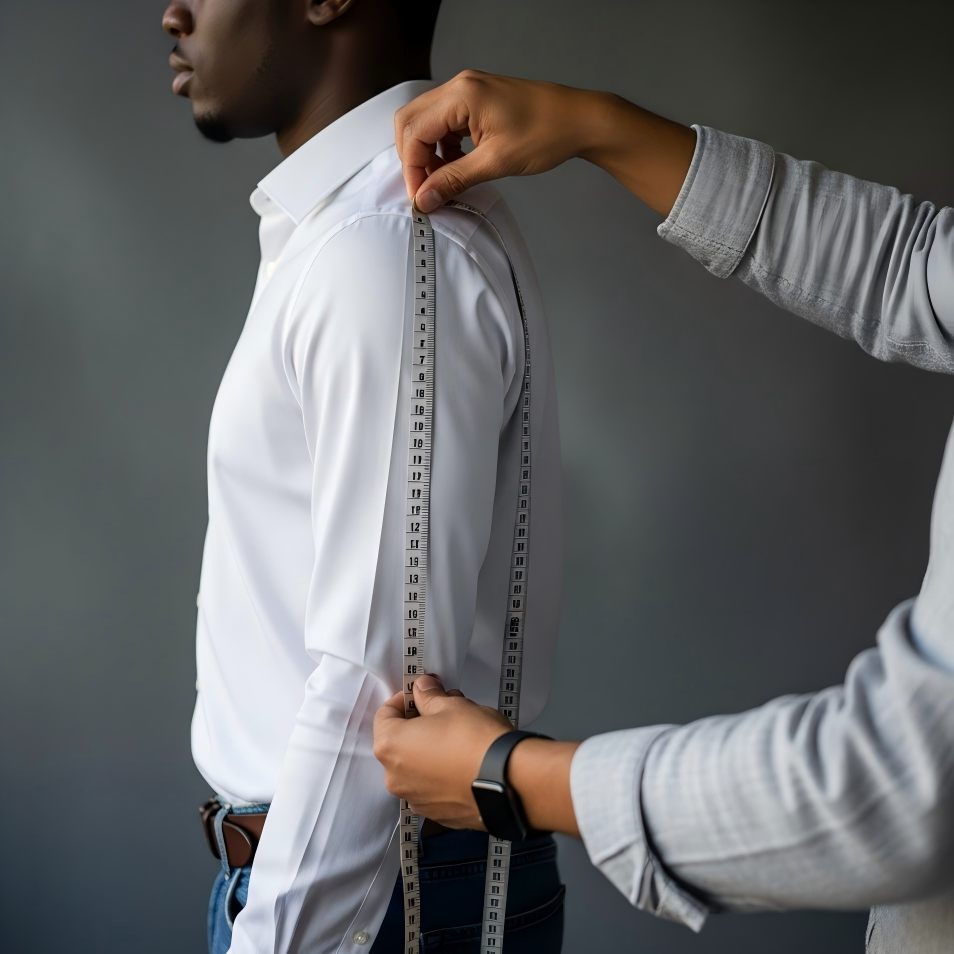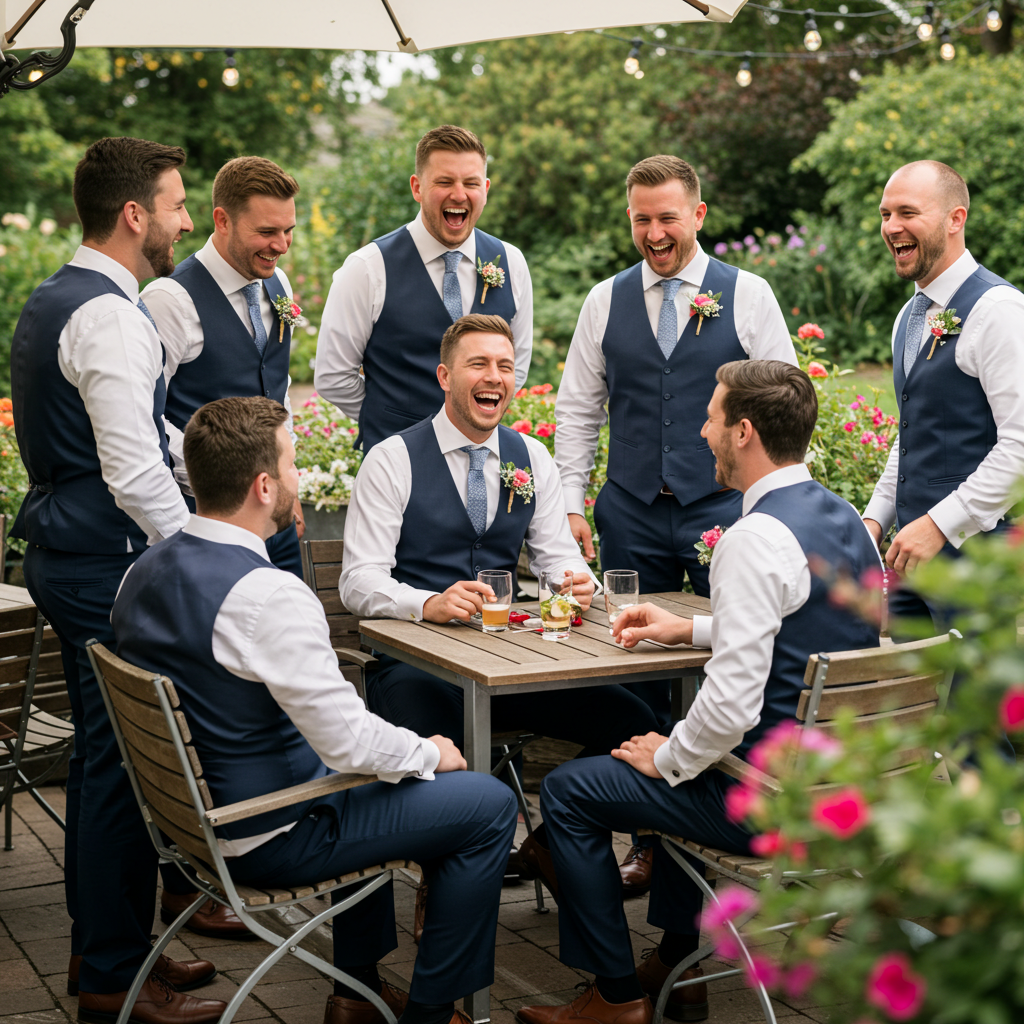The Benefits of Embracing Vulnerability

Vulnerability is more than a buzzword – you can turn it into a verb and improve your relationships in the process. But it’s not always obvious how to do so, so it’s okay if you need a little help.
If the very thought of vulnerability is making you uneasy, rest assured that this is normal. First, vulnerability is supposed to feel uncomfortable – Brown defines it as “uncertainty, risk, and emotional exposure.” As a man, you likely have been affected on some level by centuries of social norms and conditioning involving ideas such as “boys don’t cry.”
“When a guy starts to understand that vulnerability is a strength and not a weakness, I usually hear something like: ‘Cool. But how do I do this?’ There's a sense of uncertainty and a fear of doing it wrong. Sometimes, that fear can stop vulnerability in its tracks,” says Caitlin McNally Olsen, a trained marriage and family therapist and mental health coach.
To overcome the challenges that present themselves when aiming to be vulnerable, it’s important to not only understand the idea of vulnerability but also learn how to embrace it in practical ways. In my book, “The Vulnerability Workbook,” I share guiding principles that can help you do just that. Below are some of these guiding principles, along with insights from various experts, to guide you toward actionable vulnerability practices.
Cultivate Self-Awareness
Self-awareness is “conscious knowledge of one's character, feelings, motives, and desires,” according to the Oxford Dictionary. To get familiar with your vulnerability and start showing it in interactions with others, you need to be aware of your thoughts and emotions first.

McNally Olsen recommends using the Feelings Wheel, a neat graphic of the range of possible emotions that will expand the horizons of your emotional vocabulary, to track your state daily.
“The Feelings Wheel is best used when paired with journaling; choose the words from the wheel that resonate and write about it. Why did that word jump out to you? Where do you feel that word in your body? What event or memory is it connected to? This helps build self-awareness, which is the first step to embracing vulnerability. You can't be vulnerable with others without first knowing what it is you're feeling,” she says.
Build Self-Trust
It’s also important to trust yourself when engaging with others. Trust and safety allow vulnerability to flourish. Feeling safe being vulnerable and having confidence in your ability to know when letting your guard down would be beneficial — say, in a loving and supportive romantic relationship — and when more distance might be best — say, with someone who has ridiculed you for being vulnerable in the past – go hand in hand.
Since you can’t control what others do, trusting yourself is even more paramount than trusting others. First, it allows you to rely on your judgment when deciding who to be vulnerable with and when it’s safe to do so. Self-trust is also the belief that you will be okay no matter what happens and that you possess enough resilience to handle rejection and bounce back from disappointments.
Build self-trust through baby steps. Start small by being vulnerable with people that you feel comfortable with, such as your best friend. Notice how despite any fears or feelings of discomfort, you ended up surviving the moment and perhaps even thriving in it. Reflect on wins in different areas of your life. Make small promises to yourself and keep them. Be decisive more often than you hesitate. All those habits will foster a sense of trust in yourself that will make being vulnerable less scary.
Practice Authentic Communication
With self-awareness and self-trust, you can start practicing authentic communication. Saying what you think and feel can be vulnerable, but it’s the only way to have rewarding relationships.
“Sharing your inner thoughts, feelings, and desires is a great place to start when embracing vulnerability,” says Reece Stockhausen, a relationship and intimacy coach for men at Practical Intimacy.
“It allows your partner to truly know and understand you, opening you both up to new levels of connection and emotional intimacy with each other. This openness and transparency builds trust in a relationship, which over time becomes self-reinforcing; the safer you feel emotionally, the more vulnerable you can be, which in turn creates more trust and safety, and a deepening connection.”
For example, when you see each other for several days in a row, you may be afraid of hurting your partner's feelings by telling them you need a night to yourself. But if you don't express this need and suppress it, you may end up feeling resentful and defiant. Honesty, on the other hand, may lead to constructive discussions that allow both of you to discuss your needs and meet them in the relationship. You may feel accepted, heard, and more connected to your partner rather than resentful.
Explore Your Shame
For a more advanced exercise, Stockhausen recommends reflecting on your biggest feelings of shame. Shame is a universal human emotion—when we avoid vulnerability, we unconsciously try to avoid it at all costs.
Brown, who has studied the effects of shame extensively and elaborated on shame resilience theory, believes that recognizing when you feel shame, why you feel shame, and talking about it is one of the most powerful things you can do to embrace vulnerability and feel connected to Have closer connections with yourself and others.
"What are the things that would be like death to admit? Things that you find difficult to accept and therefore believe that no one can accept you. What are the things that make you unlovable in your eyes?" Stockhausen said.
Then, if you're ready to step out of your comfort zone with vulnerability, try sharing these things with your partner. "By speaking out about your shame in a loving relationship, you begin to dismantle it and create opportunities for deep personal healing. This increases self-acceptance, self-compassion, and ultimately self-love."
Admit Your Mistakes
Stockhausen adds that another simple and practical way to embrace vulnerability in relationships is to admit your mistakes and apologize when necessary:
“Being aware of the impact you have on your partner and taking responsibility is not a weakness, but it builds trust in the relationship. It also demonstrates emotional intelligence, personal responsibility, and empathy for the experiences of others, which are very attractive traits .”




























